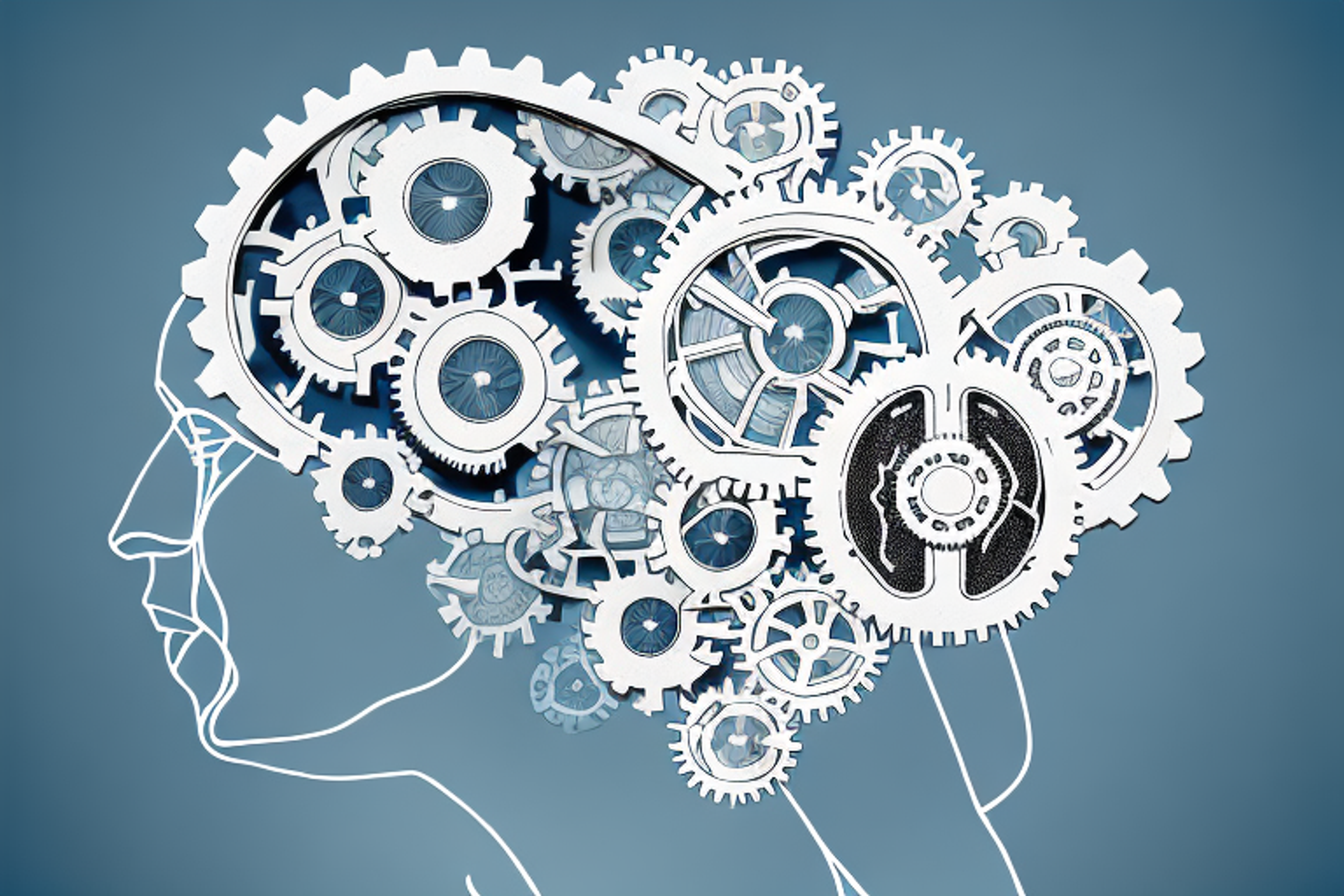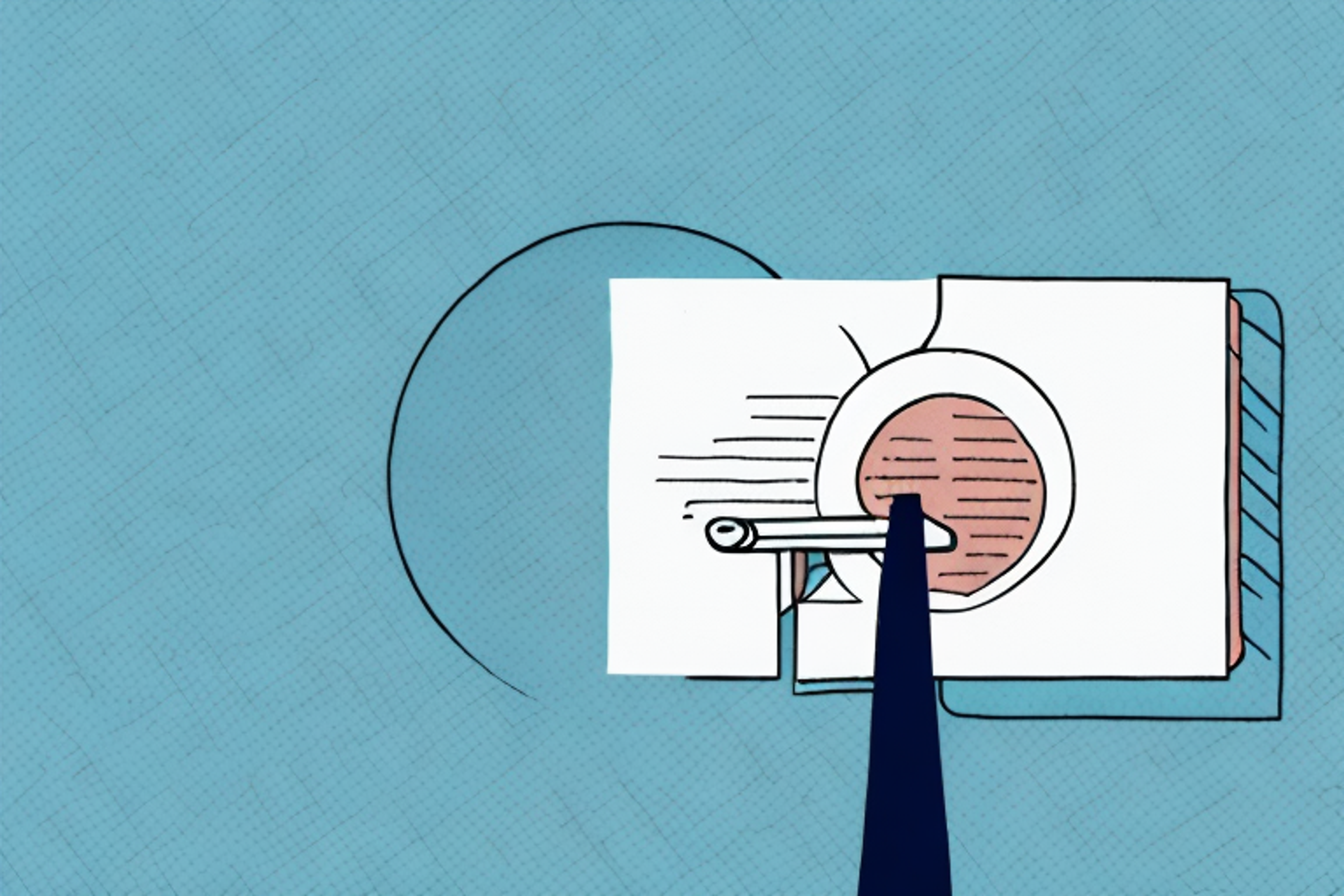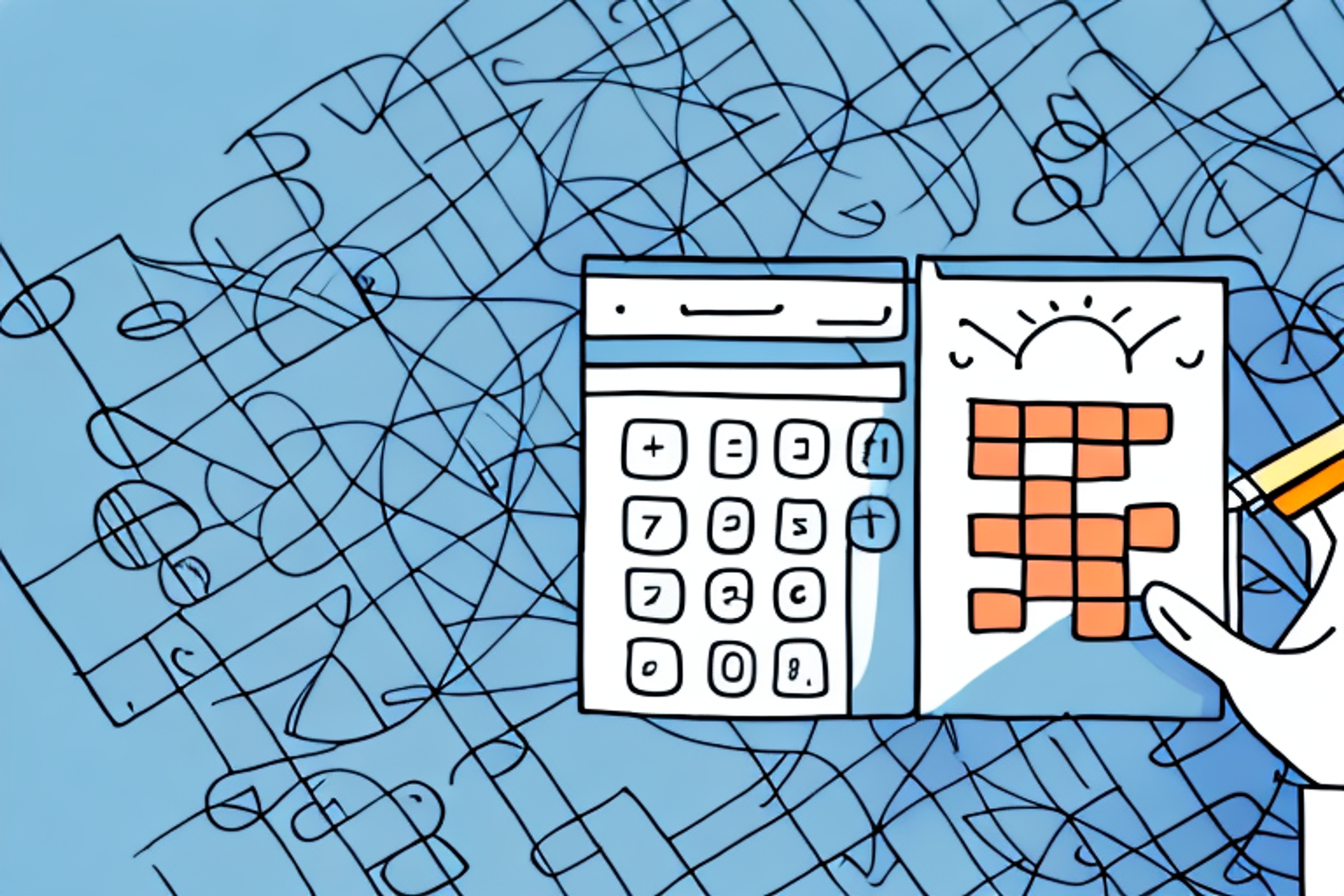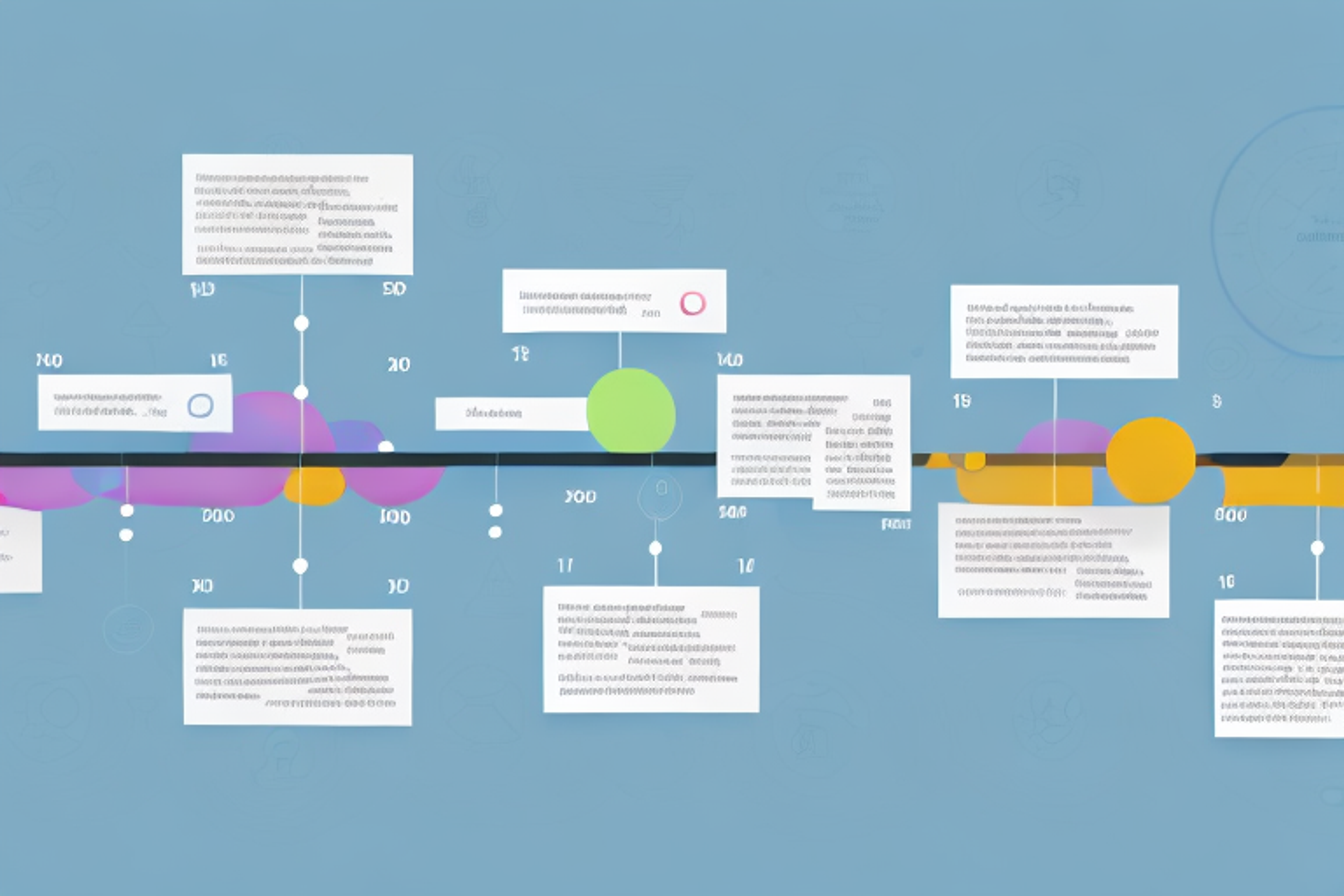
Free Event

Featuring Sujoy Kumar D.
Combinatorics for the GMAT & GRE - Part 1
Starting Saturday, March 29
1:30 AM UTC · 90 minutes

Featuring Sujoy Kumar D.
Table of Contents
The GMAT exam is a critical part of the application process for many business schools. High scores on the GMAT can greatly enhance your chances of being accepted into your dream program. One of the key sections of the GMAT is the problem-solving section. This section tests your ability to analyze and solve complex problems quickly and accurately. In this article, we will explore techniques for developing your problem-solving skills and improving your overall GMAT score.
Understanding the GMAT Exam and Its Problem-Solving Section
The GMAT exam is a standardized test designed to assess an individual's aptitude for business school. The exam consists of four sections: Analytical Writing Assessment, Integrated Reasoning, Quantitative, and Verbal. The problem-solving section falls under the quantitative section and tests a candidate's ability to solve complex math problems in a time-pressured environment.
It is important to note that the problem-solving section of the GMAT exam is not just about solving math problems. It also assesses a candidate's ability to analyze and interpret data, as well as their critical thinking skills. This section requires candidates to use logic and reasoning to solve problems, which is a crucial skill in the business world.
Preparing for the problem-solving section of the GMAT exam requires practice and familiarity with the types of questions that may be asked. Candidates can use study materials and practice tests to improve their problem-solving skills and time management. It is also important to stay calm and focused during the exam, as the time pressure can be stressful.
The Importance of Problem-Solving Skills for GMAT Success
The problem-solving section is one of the most critical sections of the GMAT exam. Scoring well on this section can significantly improve your overall GMAT score and demonstrate your ability to think critically and solve complex problems. Having strong problem-solving skills can also benefit you in your future academic and professional endeavors.
One of the key benefits of developing strong problem-solving skills is that it can help you become a more effective decision-maker. When faced with complex problems, individuals with strong problem-solving skills are better equipped to analyze the situation, identify potential solutions, and make informed decisions. This can be particularly valuable in the business world, where decision-making is often a critical component of success.
Additionally, developing strong problem-solving skills can help you become a more innovative thinker. By learning to approach problems from different angles and think creatively about potential solutions, you can develop a more innovative mindset that can benefit you in a variety of contexts. Whether you are working on a new project at work or pursuing a personal passion, having strong problem-solving skills can help you approach challenges with confidence and creativity.
Common Mistakes to Avoid in GMAT Problem-Solving Questions
One of the biggest mistakes candidates make when approaching GMAT problem-solving questions is not reading the question fully. It is critical to understand the question explicitly before beginning to solve the problem. Doing this will help you avoid wasting time solving the wrong problem or making careless errors.
Another common mistake is not using the answer choices to your advantage. The GMAT provides you with five answer choices, and one of them is always correct. By plugging in the answer choices and working backwards, you can often eliminate incorrect answers and arrive at the correct solution more quickly.
Additionally, many candidates struggle with time management during the GMAT. It is important to pace yourself and not spend too much time on any one question. If you find yourself stuck on a problem, it may be best to move on and come back to it later, rather than wasting valuable time that could be used to answer other questions.
Tips to Enhance Your Problem-Solving Skills for the GMAT Exam
One of the best ways to improve your problem-solving skills for the GMAT exam is through practice. Practicing with GMAT-style questions and mock exams can help you identify areas where you may need additional practice or knowledge. Additionally, taking note of your mistakes and learning from them can help you improve your problem-solving techniques.
Another helpful tip to enhance your problem-solving skills for the GMAT exam is to break down complex problems into smaller, more manageable parts. This can help you identify the key components of the problem and develop a step-by-step approach to solving it. Additionally, it's important to stay calm and focused during the exam, as this can help you think more clearly and make better decisions when faced with difficult problems.
Develop a Strategic Approach to GMAT Problem-Solving Questions
Developing a strategic approach to GMAT problem-solving questions can help you work through complex math problems more efficiently. One commonly used method is the “back-solve” technique, where you plug in the answer choices to determine which one works. Another method is the “pick-a-number” technique, where you choose a random number to solve the problem instead of using the given variables in the question.
It is also important to read the question carefully and identify the key information provided. This can help you determine what formula or method to use to solve the problem. Additionally, practicing with timed practice tests can help you improve your speed and accuracy in solving GMAT problem-solving questions.
Practice, Practice, Practice: How to Master GMAT Problem-Solving
There is no replacement for practice when it comes to improving your GMAT problem-solving skills. Practicing with GMAT-style questions and mock exams can help you develop the speed and accuracy you need to excel on the exam. You can also work with a tutor or study group to receive feedback and additional instruction.
Another effective way to improve your GMAT problem-solving skills is to analyze your mistakes. After completing a practice exam or set of questions, review the ones you got wrong and try to understand why you made the mistake. This will help you identify any patterns or areas where you need to improve. You can also use this information to adjust your study plan and focus on those areas.
It's important to remember that GMAT problem-solving questions are designed to be challenging. Don't get discouraged if you struggle with some of the questions at first. Keep practicing and seeking feedback, and you will gradually improve your skills. Additionally, make sure to take breaks and give yourself time to rest and recharge. This will help you stay focused and motivated throughout your GMAT preparation.
Utilizing Resources to Improve Your GMAT Problem-Solving Abilities
There are many resources available to help candidates improve their GMAT problem-solving abilities. Online forums, study groups, and tutoring services can all be effective tools for receiving instruction and feedback. Additionally, there are numerous prep courses and books available specifically designed to help candidates prepare for the GMAT problem-solving section.
One effective way to improve your GMAT problem-solving abilities is to practice with sample questions. Many GMAT prep courses and books offer practice questions that are similar to those found on the actual exam. By practicing with these questions, you can become more familiar with the types of problems you will encounter on the GMAT and develop strategies for solving them.
Another helpful resource for improving your GMAT problem-solving abilities is to work with a study partner or group. Collaborating with others can provide a fresh perspective on difficult problems and help you identify areas where you may need additional practice. Additionally, working with others can help you stay motivated and accountable as you prepare for the exam.
Analyzing Data and Drawing Conclusions: Techniques for GMAT Problem-Solving
GMAT problem-solving questions often require candidates to analyze data and draw conclusions from the given information. Being able to identify relevant information and use it to make informed conclusions is a critical skill for success on the GMAT problem-solving section. Practicing with data analysis questions and developing techniques for identifying relevant information can significantly improve your problem-solving abilities.
Time Management Strategies for Solving Complex GMAT Problems
One of the biggest challenges candidates face when taking the GMAT problem-solving section is time management. There is a strict time limit for the section, and many of the questions can be quite complex. Developing time management strategies and techniques for working through complex problems efficiently can help you maximize your score on the exam.
Effective Ways to Interpret Graphs and Charts on the GMAT Exam
Graphs and charts are often used in GMAT problem-solving questions. Being able to interpret the information given in these visual aids is a critical skill for success on the exam. Practicing with data visualization questions and developing techniques for interpreting graphs and charts can significantly improve your problem-solving abilities.
How to Recognize Patterns in GMAT Math Problem-Solving Questions
Many GMAT math problem-solving questions involve identifying patterns or using pattern recognition to solve complex problems. Recognizing patterns can help you solve problems more efficiently and accurately. Practicing with pattern recognition questions and developing techniques for identifying and analyzing patterns can significantly improve your GMAT problem-solving abilities.
Applying Logical Reasoning and Critical Thinking in GMAT Problem-Solving
Applying logical reasoning and critical thinking is a crucial skill for success on the GMAT problem-solving section. Many of the questions require candidates to think deeply and analyze information critically. Practicing with critical thinking questions and developing logical reasoning skills can help you improve your GMAT problem-solving abilities.
By implementing the techniques and strategies outlined in this article, candidates can significantly improve their problem-solving skills and overall GMAT score. Remember to practice as much as possible, develop a strategic approach, and take advantage of the many resources available. With dedication and hard work, success on the GMAT problem-solving section is certainly attainable.











